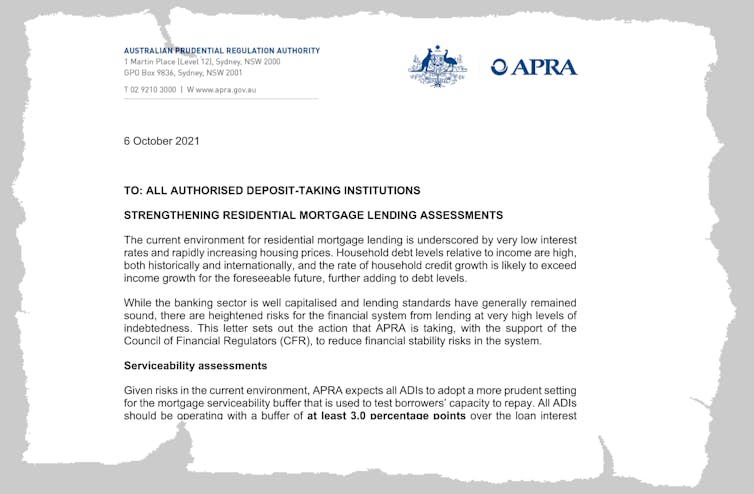
The design of a kitchen tells a lot about the residents of a house and that is why some homeowners take it seriously. If you are thinking about giving your...

Rodent control is an essential part of maintaining a safe and healthy environment in both residential and commercial properties. Rodents, including rats and mice, are not only a nuisance but...

Pool putty is a great way to repair your pool. It works well for all types of repairs, especially when you need to patch up a hole in the liner...

In a city like Sydney, where outdoor living is central to daily life, having a well-designed pool can transform a property into a private retreat. This is why homeowners turn...

🎄🎁 Discover unique and trendy Christmas gift ideas for 2025! Your ultimate guide to the best holiday gifts is here! 🌟🎅
The Importance of the Holiday Season
The holiday season is a...

During this unfortunate time of our lives there’s a hidden gem business which keeps the hopes up for many lives of women of all walks of life. Fashion...

Modern homes, workplaces, and commercial facilities depend on safe and efficient electrical systems. When electrical issues arise or new installations are required, relying on expert electrician services Sydney ensures that all...

Property self-management soars during COVID lockdown The innovative PropTech app, Instarent, has seen exponential growth during the COVID -19 lockdown, reporting a 400 per cent increase in users during...

Regular Evaporative Cooling Cleaning Melbourne is essential for maintaining clean air, consistent cooling performance, and the overall reliability of evaporative cooling systems. These systems are widely used across Melbourne due to...











